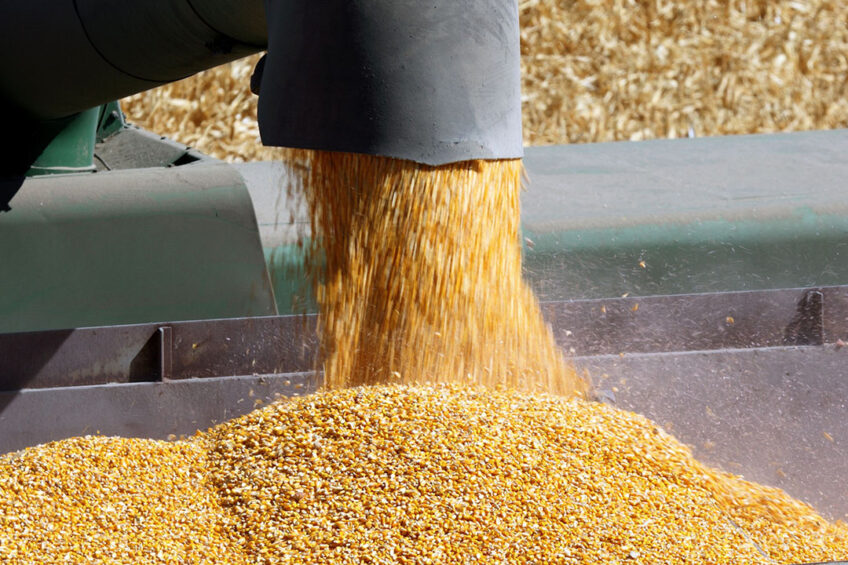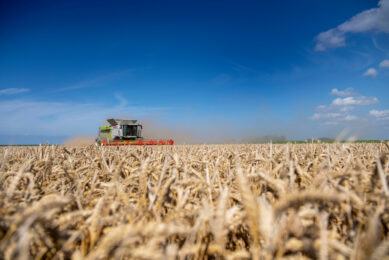Member states back the set-up of an inter-BRICS grain exchange

Business communities of BRICS countries have supported the idea of establishing inter-BRICS grain exchange to facilitate trade between the trade bloc’s members, Eduard Zernin, chairman of the Russian Union of Grain Exporters, told local state news outlet Interfax.
The Russian Agricultural Ministry proposed to set-up a BRICS grain exchange at the end of 2023. The move is in line with the general Russian policy of deepening trade ties with emerging countries persuading in the past couple of years.
First stage successfully complete
The first stage of the BRICS grain exchange discussions, which involved consultations at the national level, has been successfully completed, Zernin said.
Russian President Vladimir Putin also backed the idea of establishing a BRICS grain exchange, promising to work it out with other trade bloc political leaders.
The Ministry estimated in December that in 2023, BRICS members accounted for 1.17 million tonnes of grain production per year, 42% of the global volume. Combined consumption stood at 1.1 million tonnes, equal to 40% of the global consumption.
Following the BRICS expansion from January 1, when the bloc welcomed Saudi Arabia, Egypt, the United Arab Emirates, Iran and Ethiopia, the figures reached 1.24 billion tonnes and 1.23 billion tonnes, respectively.
A new world order
The BRICS grain exchange is likely to change the face of the world grain market tremendously, the Russian officials believe.
“The existing global grain market infrastructure was formed following the Second World War when US wheat and corn exports dominated the market,” the Ministry said. Although US exports no longer play the role they used to, global prices are primarily determined by the Chicago Commodity Exchange.
Moscow also seeks to move away from trading grain for the US dollars in favour of the national currencies of BRICS member states.
The Ministry insists that the BRICS countries are the largest grain producers and exporters but have no leverage to influence the prices of the agricultural commodities critical for their food security. The BRICS commodity exchange could solve this problem.
The Russian authorities also emphasize that Moscow has experience “in creating high-tech and reliable exchange platforms, including those for commodity markets, as well as experience in organizing settlements in the currencies of the BRICS countries and admitting participants from different countries into a single exchange infrastructure”.











